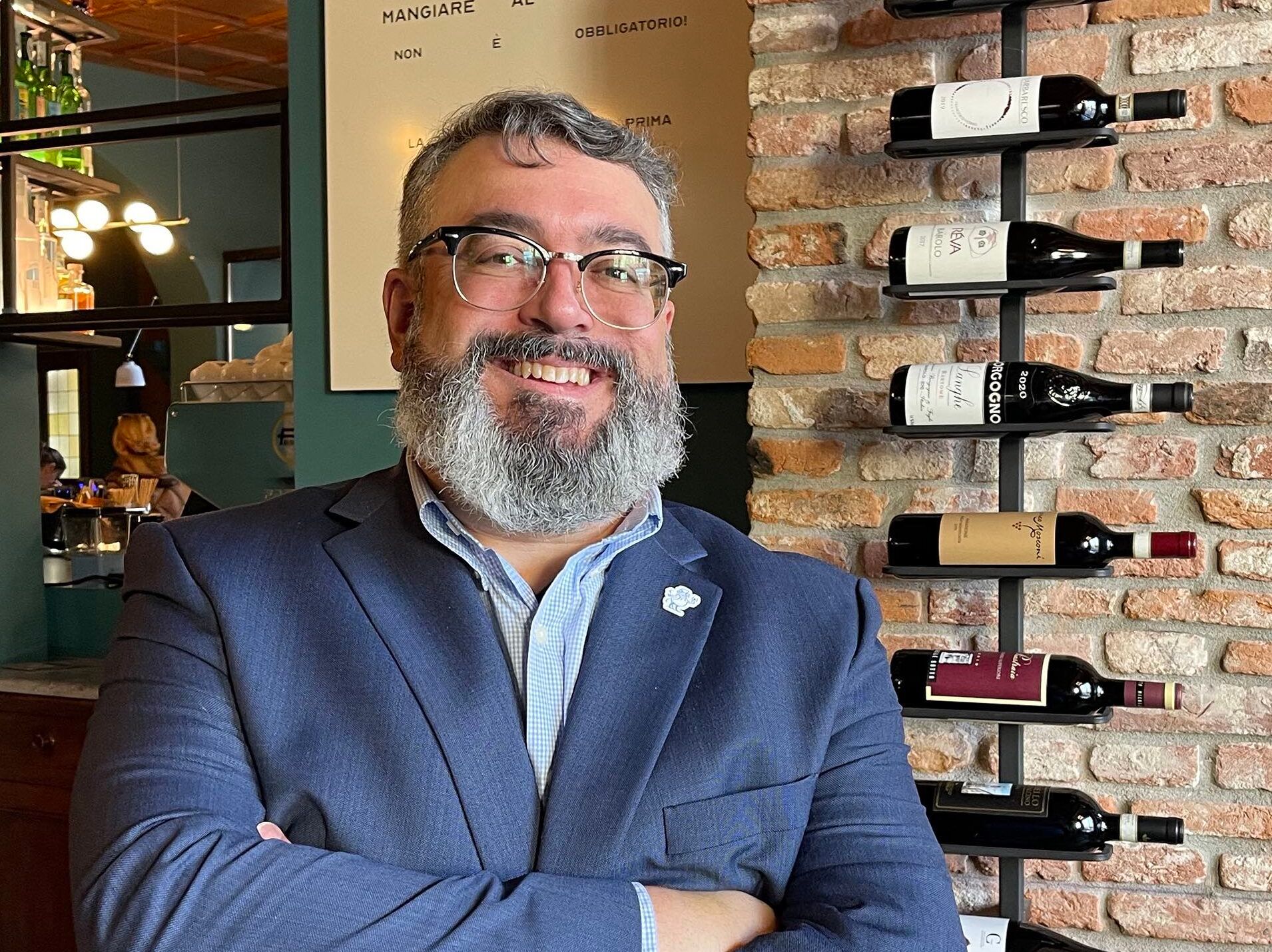Michael Wangbickler has helped manage the content and marketing for Wine Future that is taking place in Coimbra, Portugal between November 7-9. To find out more about Wine Future click here.
What do you see as being the biggest challenges the wine industry is facing?
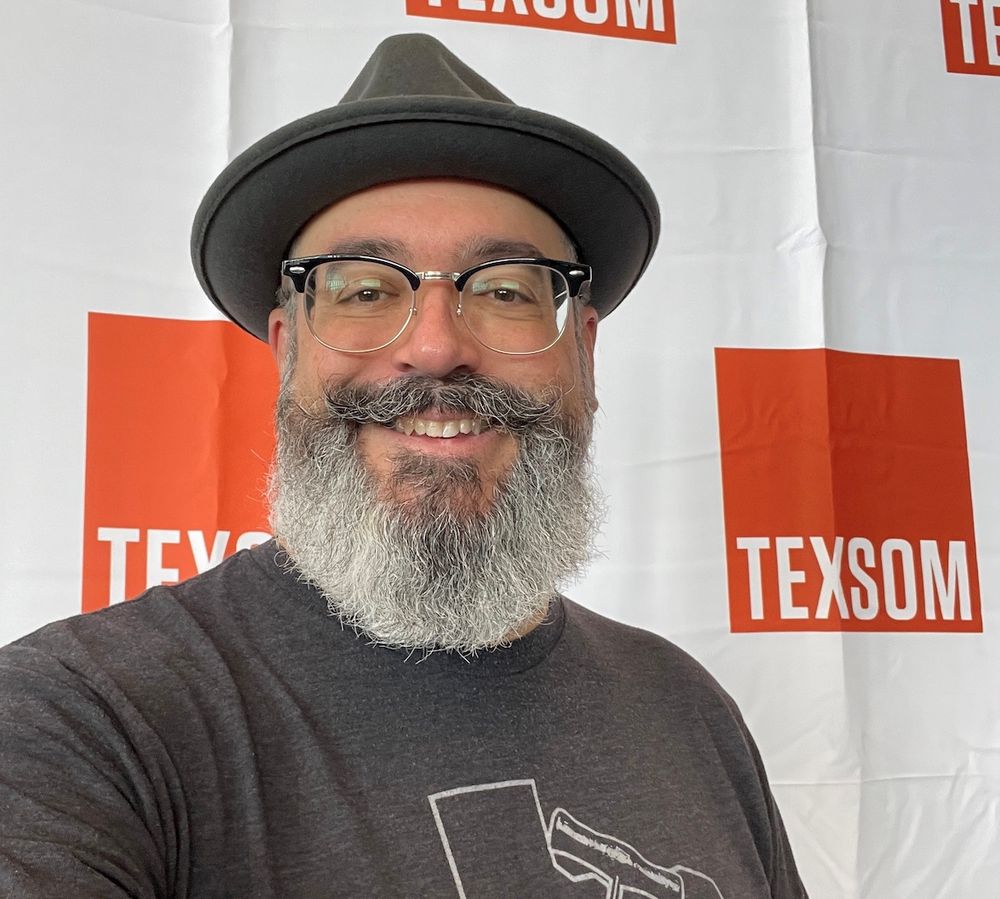
Michael Wangblicker hopes to help wine businesses through his Balzac Communications & Marketing company
Waning interest in traditional wines and competition from other beverages, such as spirits and non-alcohol.
What do you see as the big outstanding opportunities and how do you see the industry capitalising on them?
The wine business, as a whole, has rested on its laurels for over a decade. With so much growth over the past decades, there wasn’t much incentive to change what they were doing. Now it’s necessary. Modern consumers value authenticity, transparency, and sustainability. The opportunity is there for progressive-thinking wine companies to shift their thinking and adjust their strategies to better engage their customers. Recognising the criticality of innovative marketing programs will separate the best from the rest.
What do you think have been the biggest steps the wine industry has taken in the last 10 years?
Honestly, there hasn’t been much. That’s the problem. There have been small innovations here and there, but for the most part, wine companies are still making the same products and using the same marketing and sales techniques they were 10 years ago. I’d like to see the larger wine companies like E.&J. Gallo, The Wine Group, and Treasury Wine Estates take more of a leadership role globally and invest in more education and guidance for the industry.
Are you optimistic or pessimistic about the future of the wine industry in the next 10 years – and why?
Optimistic. Those wine companies that make the necessary changes and adjustments will thrive. Those that don’t will be snapped up by their competitors or private equity in a wave of consolidation that I anticipate will happen in the next five to 10 years. At the same time, I’m certain that we will see new entrants into the space who bring with them different skills and perspectives. At the moment, it appears that there is more supply out there than demand. Once adjustments are made to equalize this situation, we’ll start to see industry growth again.
Can I ask why you want to be involved in Wine Future?
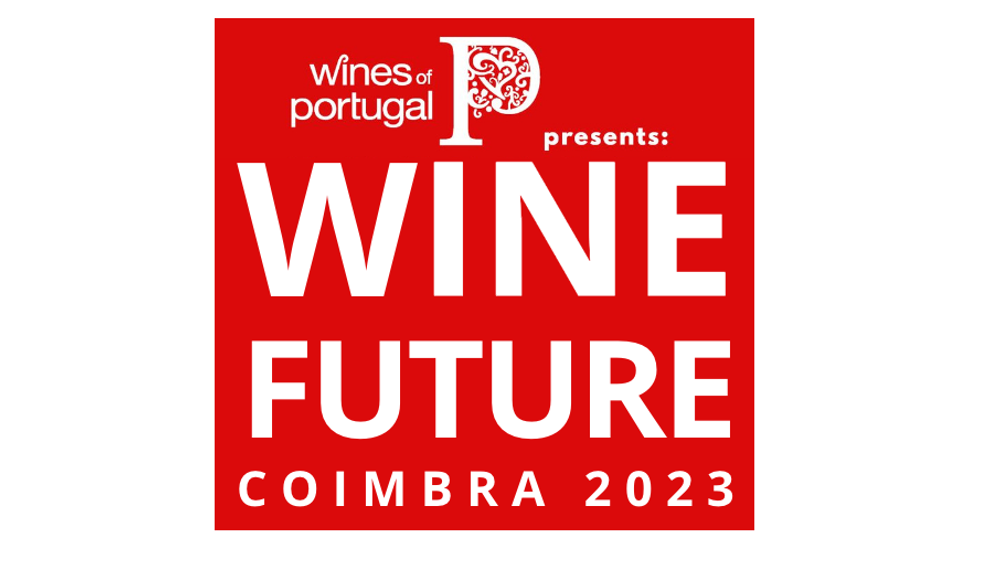
Wine Future takes place in Coimbra in Portugal between November 7-9
Balzac’s mission is to help our clients engage more effectively with new customers. We do this by embracing change and having a strategic vision for future growth. For example, the next five to 10 years will see a major shift in the wine customer base as Baby Boomers age out, and more Millennials and Gen Z moving into a stronger buying block. Wine Future is a way for us to explore new ideas and concepts with like-minded peers and endeavor to lift the wine industry through innovation and creativity.
What do you hope the event can achieve for the wider wine industry?
I’m hoping that the industry as a whole will see this as an opportunity to meet new tastemakers; consider their own future product development and market position; and, finally, to recognize that future growth depends on embracing new ideas and innovation.
What is the theme of your talk and why have you chosen that topic?
“Getting to your Core Story – How to Better Communicate about your Brand” as a panel discussion, will offer the audience different perspectives on why a solid core story is critical for a wine business and practical tips on crafting a compelling narrative.
How and why did you first get into the wine industry?
I came from the tech sector more than 20 years ago. My love of all things food & wine led me to the career shift. Coupled with my marketing and PR skills, I found my niche in the wine business. I can’t imagine doing anything else.
What do you most enjoy about working in the sector?
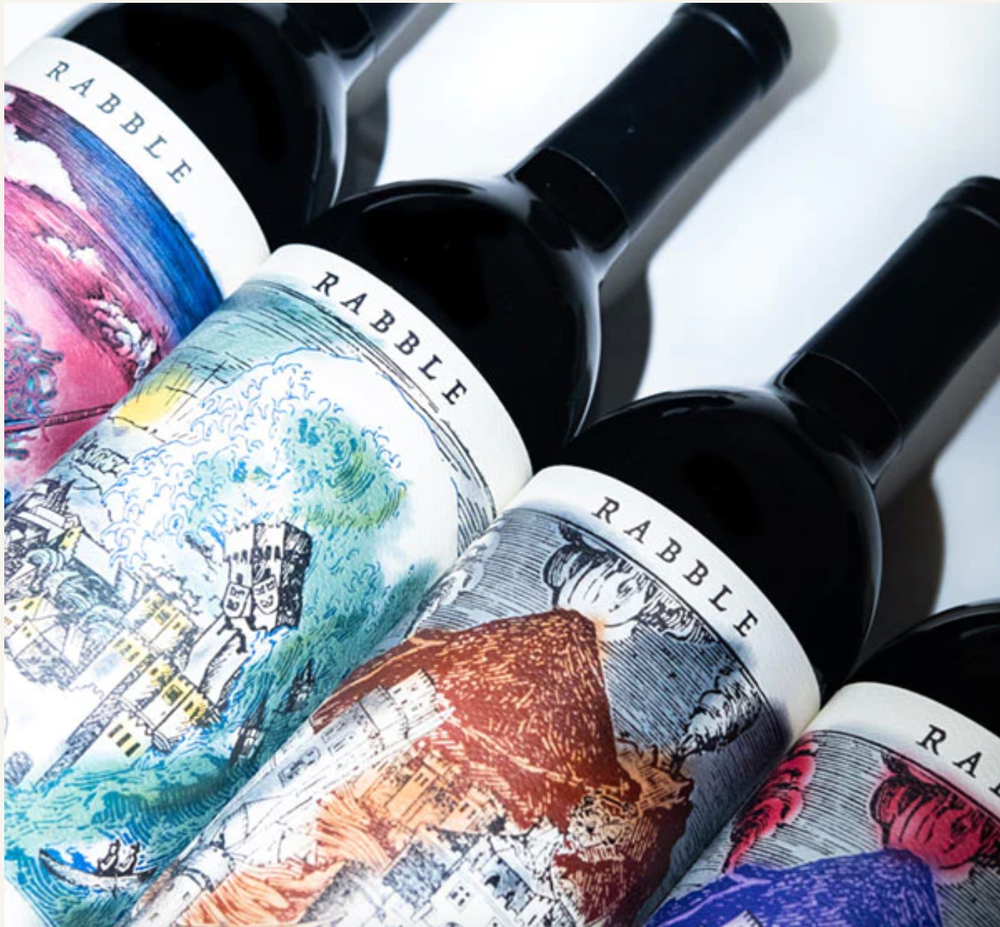
Working with innovative producers like Rabble Wines is what inspires Michael Wangbickler
The people. I’ve met some of the most interesting and compelling individuals in the wine business. Many of them I now count as friends. Overall, there is a camaraderie and shared interest that is unmatched in most other industries.
What do you find frustrating and would like to change about the wine industry?
It should come as no shock that I think the wine industry is innovating too slowly. Spirts and other beverages are leaving the wine biz behind by recognising the need to shift their strategies and tactics. For about 20 years, I’ve been pushing clients, trade, and colleagues to think more creatively and stretch. In addition, in the U.S. wine sector at least, there is this attitude of exclusivity among wine businesses. That isn’t playing well with up-and-coming consumers. The wine business needs to be more inclusive rather than exclusive.
Any individuals and businesses that you most admire for what they do and why?
I think E. & J. Gallo does an amazing job identifying potential customers, determining their taste preferences, and creating products and marketing campaigns to target them. On the smaller scale, we work with Troon Vineyards in Southern Oregon. They’ve gone all-in on regenerative organic agriculture. Around that, they’ve crafted a story that really resonates with those consumers who value sustainability. Finally, there is Rabble Wine Company. It has a strong sense of what it is and its marketing programs recognise the shifting market conditions. It was early to jump on AR (Alternative Reality) with its stylised labels and has been quite successful marketing to millennials.
- Michael Wangbickler of Balzac Communications & Marketing will take part in the closing debate at Wine Future as a member of its technical committee. He will be joined by Siobhan Turner, Robert Joseph, Frederico Falcao and Pancho Campo. It takes place on November 9 at 12.30pm.
Wine Future 2023 – Coimbra November 7-9
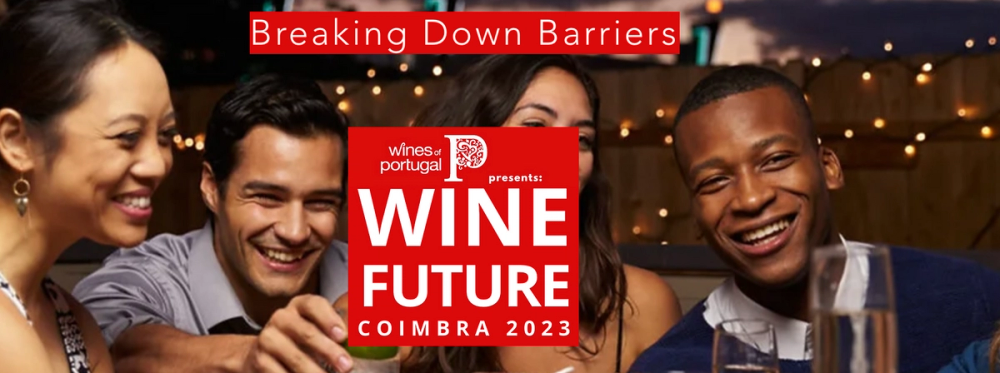
Wine Future 2023 promises to be the leading event in the world to tackle the biggest challenges facing the global wine industry and what steps its stakeholders need to be taking and focusing on to succeed in the future.
It is the fourth Wine Future event to take place following other editions first in Rioja in 2009, Hong Kong in 2011, Wine Future Virtual 2021 and Green Wine Future in 2022. Founder Pancho Campo claims the ambition and overall goal for Wine Future has not changed since 2009 when, in the middle of an economic crisis, it looked to assess its impact and offer solutions and inspiration to everyone involved in the global wine industry.
Close to 25 years later and the world is again facing huge financial difficulties, rampant inflation, a global climate emergency and a declining wine market in most major wine consuming countries. It is against that backdrop that Wine Future hopes to make a difference.

Key themes to be addressed at this November’s conference include:
- Engaging new consumers – particularly Generation Z and Millennials.
- The impact of global economic uncertainty, especially inflation.
- The opportunities of greater diversity, equity and inclusion in the wine industry.
- How we can reach new audiences and better engage with existing wine drinkers through celebrity endorsements, influencers, and working with major international music and sporting events.
- The use of digital marketing and social media to gain a new consumers.
- Using new technologies to improve sales.
- What can we learn from the competition from alternative beverages?
- The human impact of sustainability.
Final Conference Agenda:
- Keynote 1: “Educating the new generations on consuming alcohol with moderation and responsibly” – By Max Trejo and moderated by Siobhan Turner MW.
- Panel 1: “TikTok, Discord, and Paid Influencers – Reaching New Customers” – with Mariano Braga, Emma Bertrand, Georgia Panagopoulou, Simone Roveda, Luke Flunder and moderated by Cristina Mercuri.
- Panel 2: “Growing Sales in Uncertain Times – New Strategies and Trends” – with Ulf Sjodin MW, Rafael del Rey, Don St. Pierre, João Gomes Da Silva, and Moderated by Dr. Liz Thach MW.
- Keynote 2: “How should the wine industry work with celebrities and events?” with Paul Schaafsma, and moderated by Richard Siddle.
- Keynote 3: “From rockstar to businessman” with Bruce Dickinson, and moderated by Joe Roberts & Mike Wangbikler
- Panel 3: “Wine Tourism Evolution – From Cellar Door to Virtual Tours” – with Adrian Bridge, Catherine Leparmentier, Marisah Nieuwoudt, and Moderated by Dr. Michael Cheng
- Tasting 1: “Icon & Premium wines of Portugal” – By Dirceu Vianna Jr. MW and moderated by Frederico Falcao – with the participation of: Dirk Niepoort, Anselmo Mendes, Celso Pereira, Domingos Soares Franco, Joana Silva Lopes, Manuel Lobo Vasconcelos, Paulo Nunes and Diogo Moreira.
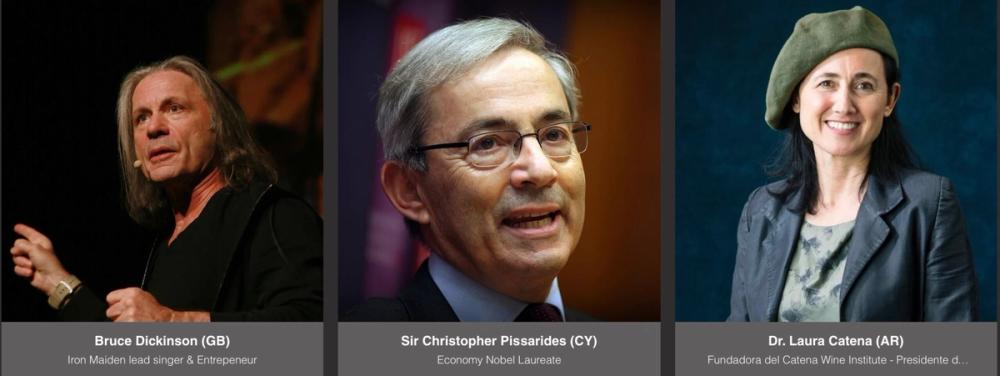
- Panel 4: “Getting to Your Core Story – How to Better Communicate About Your Brand” – with Alder Yarrow, Sonal Holland MW, Megan Greco, Natalie Wang, Ferrán Centelles, and moderated by: Mike Wangbickler.
- Panel 5: “The Competition is Winning – Learning from and Embracing Ideas from alternative drinks” – with Cristina Miranda, Lulie Halstead, Iram Eren, a Coffe Producer TBC, and moderated by Robert Joseph
- Keynote 4: “How and why wine could be the healthiest alcoholic beverage” – By Dr. Laura Catena, and moderated by: Cyril Penn
- Tasting 2: “The Magnificent 12” – Honoring the Ukrainian wine Industry – By Mark Squires and presented by: Maureen Downey.
- Panel 6: “Evolve or Die – Embracing Advanced Technologies to Thrive” – with Maureen Downey, Justin Noland, Ian Ford, Antonio Amorim, and moderated by: David Allen MW.
- Panel 7: “More Inclusive, Less Exclusive – Adopting Diversity, Equity, and Inclusion as an Opportunity” – with Mags Janjo, Queena Wong, Ntsiki Biyela, Bento Amaral, and moderated by: Stephen Wong MW.
- Tasting 3: “Historic & Legendary Madeira and Porto” – By Richard Mayson accompanied by some of the producers.
- Keynote 5: “The current status of the wine industry” – By Rob Mc Millan and moderated by Paul Mabray.
- Keynote 7: “The wine industry, world economy and work in the age of artificial intelligence” By Professor Christopher Pissarides and moderated by: Pancho Campo
